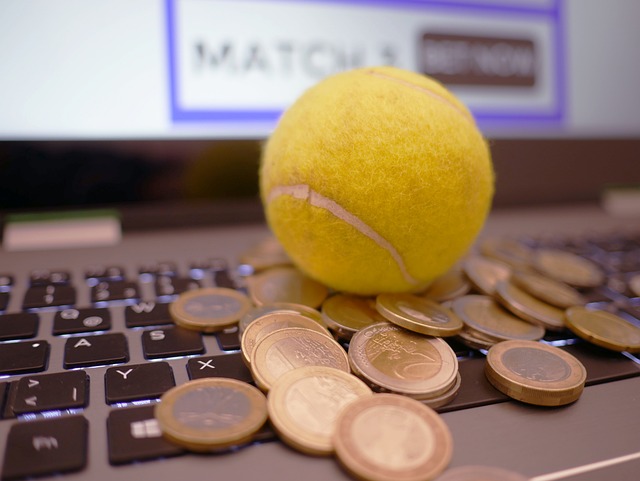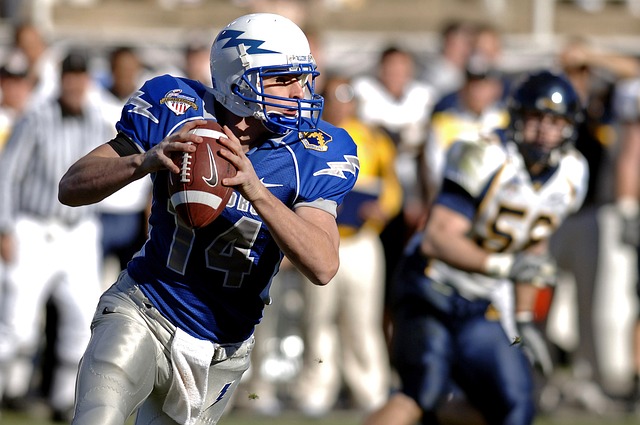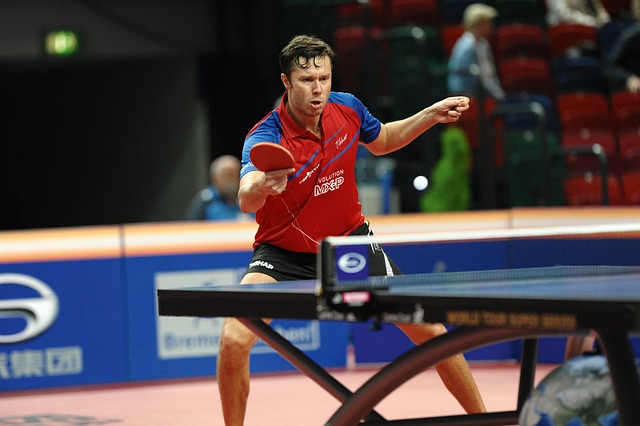Betting and auctions are two common forms of speculation and economic transactions. While they share similarities in terms of involving participants making wagers, there are fundamental differences that set them apart. It is a HellSpin of a state. One can have their convictions but it is good to have a real look.
Purpose and Intent
The fundamental purpose of people betting and auctions is distinct. Betting, commonly associated with gambling, involves individuals placing wagers on the outcome of a particular event or situation. It is typically fueled by risk-taking behavior and the desire for financial gain. In contrast, auctions primarily serve as a mechanism for buying and selling goods or services. Participants bid on items, and the highest bidder secures the right to purchase the item at the winning price.
Structure and Mechanisms

People betting and auctions differ significantly in terms of their structures and mechanisms. Betting involves individuals predicting the outcome of an event or situation and placing their wagers accordingly. The odds in betting are often determined by bookmakers or established based on statistical analysis. Betting can occur in various forms, such as sports betting, horse racing, or even predicting political outcomes.
Auctions, on the other hand, operate on a bidding system. Participants compete against one another by increasing their bids until a final price is reached. Auctions can be conducted in different formats, such as English auctions, where participants openly compete against each other, or sealed-bid auctions, where participants submit their bids privately. Auctions often involve an auctioneer who facilitates the process and ensures a fair and transparent environment.
Outcomes and Results

While both people betting and auctions involve financial stakes and potential gains or losses, their outcomes differ. In betting, the result depends solely on the outcome of the event being bet on. If the predicted outcome aligns with the actual outcome, the better wins and receives a payout based on the odds. In auctions, the highest bidder secures the item or service being auctioned, but the price paid can vary. The outcome of an auction depends on the bidding strategies of the participants and their willingness to pay.
Additionally, betting tends to have a winner-takes-all structure, where only the person with the correct prediction receives the payout. In contrast, auctions often have multiple winners, as different participants can secure different items or services if multiple lots are being auctioned.
While people betting and auctions share some similarities as forms of speculation and financial transactions, they differ in purpose, structure, and outcomes. Betting revolves around predicting the outcome of an event or situation, with odds determined by bookmakers. Auctions, on the other hand, involve participants competing through bidding to secure goods or services. Betting focuses on individual predictions and potential payouts, while auctions revolve around the price participants are willing to pay. Understanding these differences is essential to engage in either activity responsibly and effectively.




